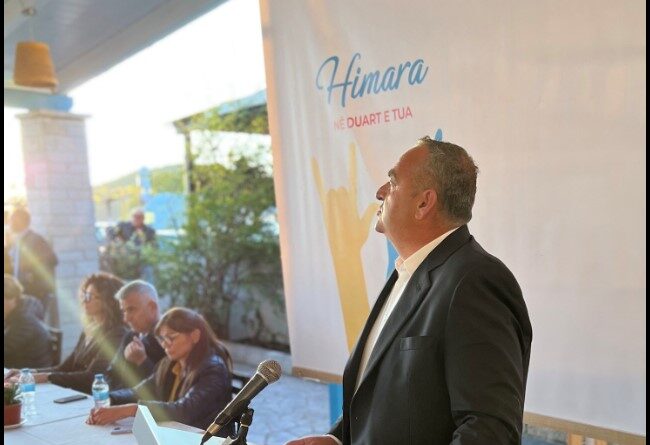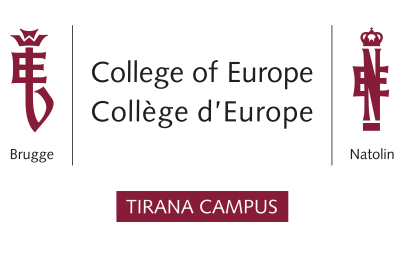Fredi Bejleri’s case should be dealt with as a democracy issue, not as an ethnic minority one
A wave of political commentary and debate has recently erupted in Albania, especially coming from sources that are always ready to declare Greece an enemy of Albania. Unfortunately, these pseudo-patriotic and pseudo-nationalist commentators often dominate the public opinion space.
Always ready to make conspiracy theory links, some have gone so far as to link the visit of Italian Prime Minister Georgia Meloni to Albania and the return of the EU Ambassador Luigi Soreca to the fact that Albania’s justice reform needs defending from an aggressive Greece and Albania’s own political opposition. It’s a tragic comedy.
The arrest of the Himara mayor Albanian opposition candidate, who also happens to be a member of the Greek minority in Albania, just two days before the election day, has had negative implications in Albania’s relations with Greece.
That candidate, Fredi Bejleri, who went on to win the local elections, has been charged with vote buying in a sting operation that raised many doubts: A person infiltrated by the police, according to the local media, offered cooperation to Mr. Bejleri or his electoral staff, to buy votes.
Vote-buying is actually a national sport in Albania and if all those who buy votes in political or local elections were arrested, all of the prisons in Albania might not be able to hold them, but maybe the prisons of Greece would not be enough either. Perhaps not even those in far-flung Turkey.
Greece has requested the release of Bejleri to give him the opportunity to be sworn in as mayor. However, Albanian courts have repeatedly denied his requests to be released from detention while he awaits trial.
Prime Minister Edi Rama has said that Albania is a democratic country with an independent judiciary, expressing irritation at the Greek pressure as Greek officials participated in a protest in Himara, including the mayors of Athens and other Greek cities.
The case is a test for the justice system in Albania. But, at a political level, this incident will have negative effects on the relations between the two countries.
This week, for example, Greek Prime Minister Kyriakos Mitsotakis avoided having the Prime Minister of Albania at an informal dinner with the prime ministers of the Western Balkan Region to commemorate the Thessaloniki Summit 20 years ago, in which all of the region was promised eventual EU membership. The Greek government sent the invitation to the President of Albania instead, in what appeared to be seen in Tirana as a provocation since the President in Albania has an honorific role, not an executive one. Albania went unrepresented, as the head of state declined the invitation.
During the past 30 years, the relations between Albania and Greece have gone through several periods of crisis. Relations between the two countries take place in two spheres, parallel worlds. One is the “sphere/world of peace,” where political, economic and social relations take place, and the other is the “sphere/world of war,” where they are fought in the old trenches of nationalism and conspiracy.
The problem is that this is an important moment for Albania and its relations with a strategically important country like Greece are entering a crisis which is not good for either country, but especially for Albania.
What is happening with the case of Bejleri in Himara has nothing to do with the relations of Albanians as a people or the policies of the Albanian government toward the small Greek minority in Albania. In this context, it would have been good for Greece to raise its concerns as a member of the EU for negative developments related to elections and democracy and not be guided only by the fact that the opposition candidate is a member of its ethnic minority.The implications from the Himara incident will be political first, but economic implications are not excluded. Greece has been and continues to be a strategic economic partner for Albania in terms of trade and investments. It is not impossible that potential Greek investments would no longer feel welcome in Albania either.
Tirana Observatory









